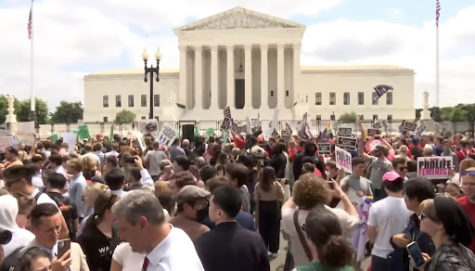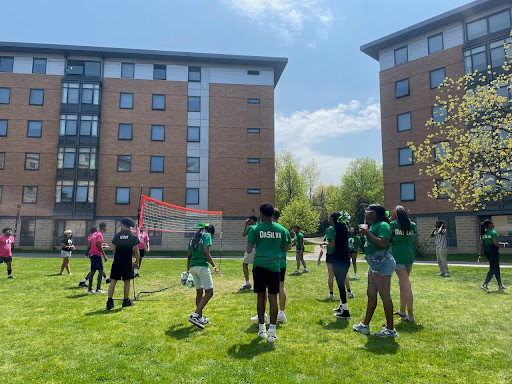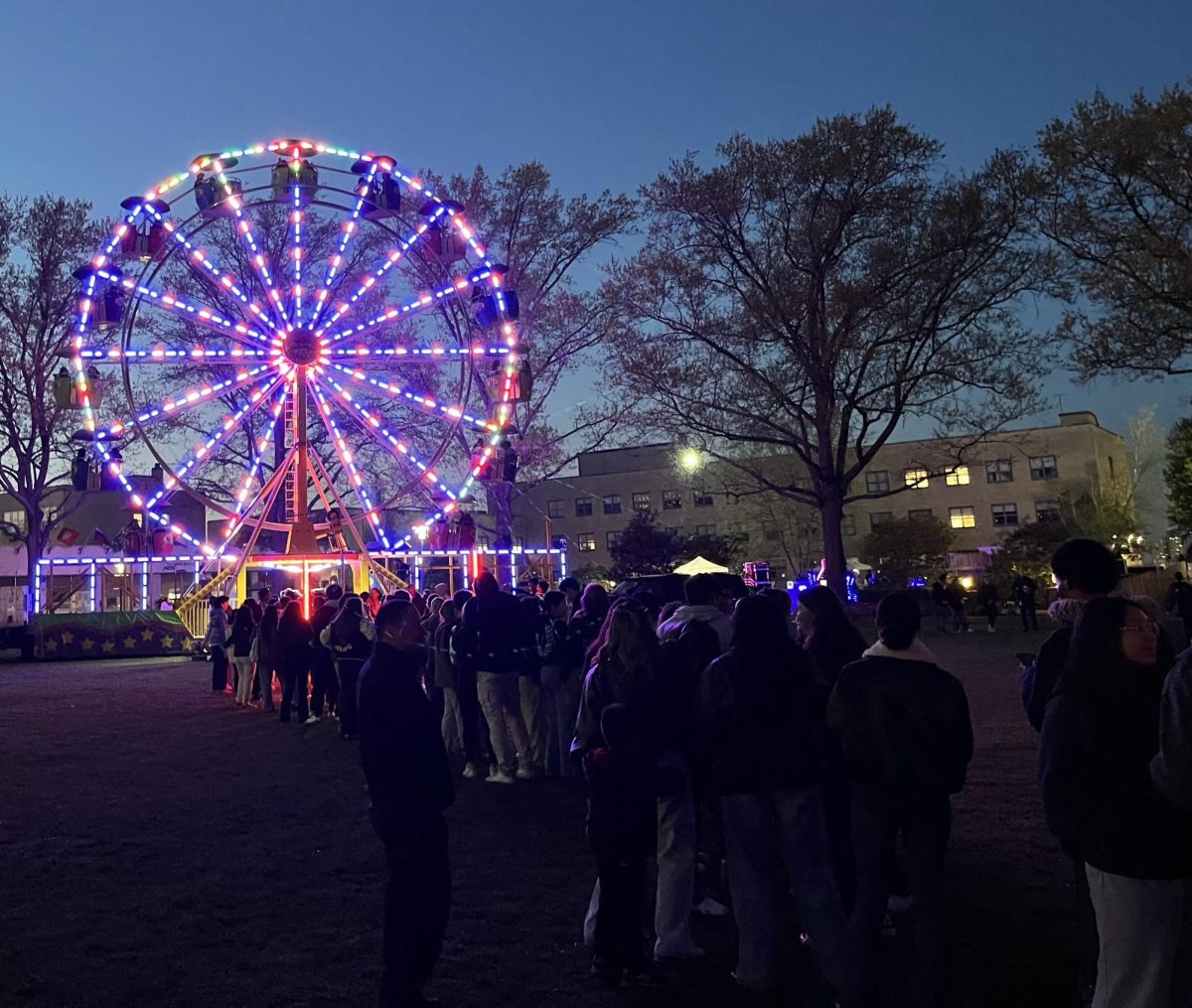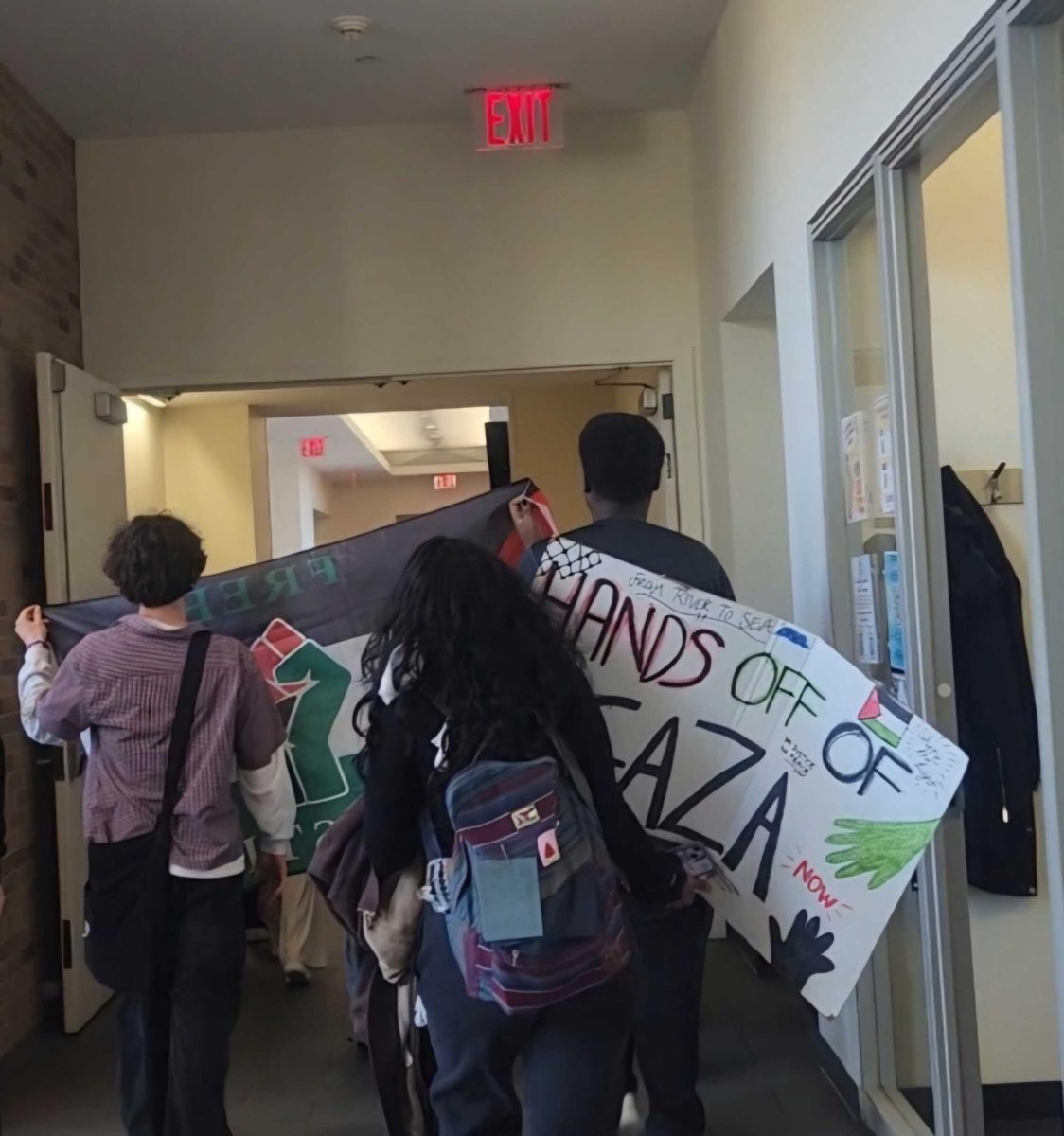
On June 24, 2022, the United States Supreme Court made the unanticipated decision to overturn landmark cases Roe v. Wade and Dobbs v. Jackson Women’s Health Organization, eliminating the federal government’s protection and constitutional right to abortion. These cases, which has been United States’ law since 1973, protected womens’ bodily autonomy and gave access to safe abortions across the country.
In a 5-4 decision, the majority argued that the 14th amendment, which “prevents states from depriving citizens of ‘life liberty, or property without the due process of law,’” does not include the right to abortion.
Since a leaked Supreme Court draft in May revealed the court’s plans for Roe v. Wade, millions of Americans have been waiting for the decision. In the leaked draft, Justice Samuel Alito writes, “Roe was egregiously wrong from the start… It is time to heed the Constitution and return the issue of abortion to the people’s elected representatives.” With a 6-3 Republican led-court, the overruling comes as no surprise to the American public.
This is not the only monumental decision made by the courts recently. The decision to strike down Roe v. Wade came only one day after the Supreme Court struck down a New York law that lowered restrictions on carrying a concealed gun in public. The ruling comes after a surge of mass shootings across the country.
The overruling leaves the issue of abortion left up to the states. Glimpses of this have been seen in states in the past five years, despite the supposed federal protection that Roe v. Wade gave to abortions. Such laws have been enacted in Mississippi, where the 2018 Gestational Age Act allowed abortions after 15 weeks “only in medical emergencies or for severe fatal abnormality.” In 2021, Texas’ “heartbeat” law banned abortions as early as six weeks in pregnancy. The act allowed people to “sue the healthcare provider and prevent the provider from performing any abortion after approximately six weeks in pregnancy.”
Beginning June 25, trigger bans, which prohibit abortions after a set period of time, have taken effect in nine states including Arkansas, Alabama and Louisiana. 7.2 million women now face charges for something that was their constitutional right two days prior. Abortion currently remains legal in 27 other states, but is likely to change with the upcoming midterm elections in November.
In addition to his thoughts on the overruled cases, Justice Clarence Thomas concurred that the Supreme Court should “reconsider” other landmark cases, including same-sex relationships, same-sex marriage and access to controception. His opinion leaves the American public unsure of the future and whether their constitutional rights will be upheld
President Biden vocalized about the implications of this decision from the beginning. He stated Thursday, “The health and life of women in this nation are now at risk,” adding that it has been a “sad day” for the country. He acknowledged that the three Trump-named justices, Justices Brett Kavanagh, Neil Gorsuch and Amy Coney-Barrett were at the center of this decision. The decision “is a culmination of a deliberate effort over decades to upset the balance of our law,” he continued. In a fiery address, House Speaker Nancy Pelosi stressed the importance this decision has on the upcoming midterm elections. “The rights of women and all Americans are on the ballot this November.”
Protests and celebrations have broken out across the country in cities such as New York, Los Angeles and Atlanta; either celebrating a victory almost fifty years in the making, or mourning the loss of an integral aspect of women’s health. With a Supreme Court clearly willing to strike down precedent with haste — whether women’s rights or gun laws — both sides of this discussion know that their fight is far from over.



















